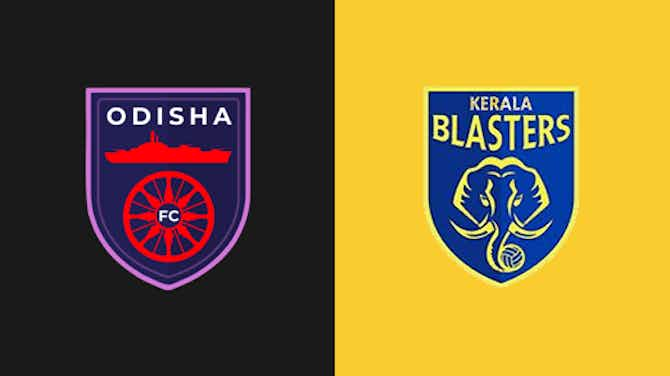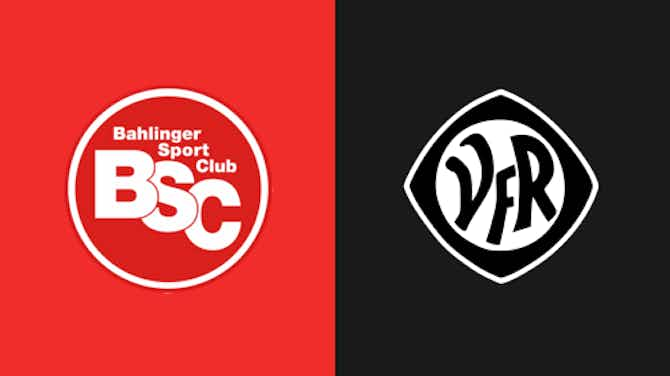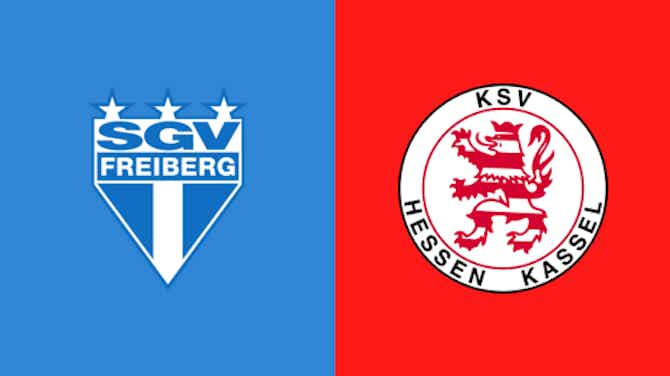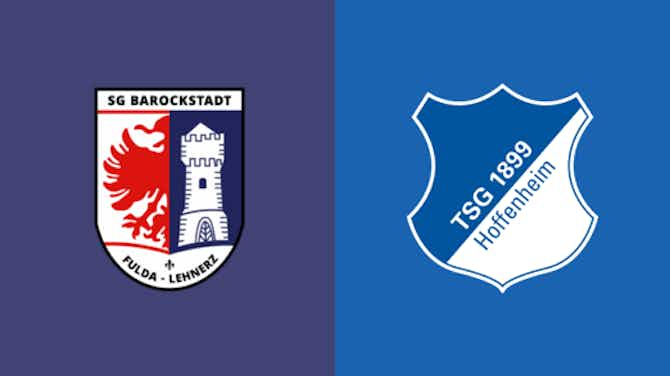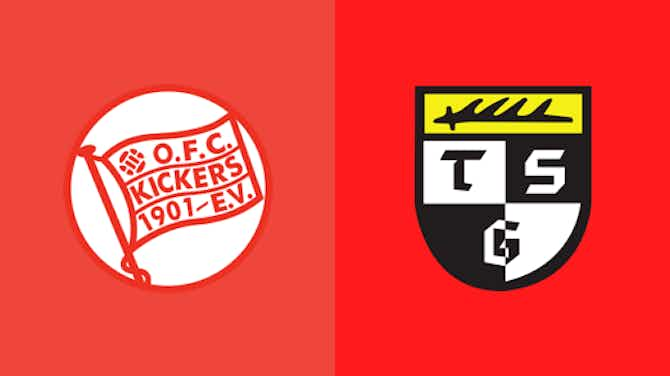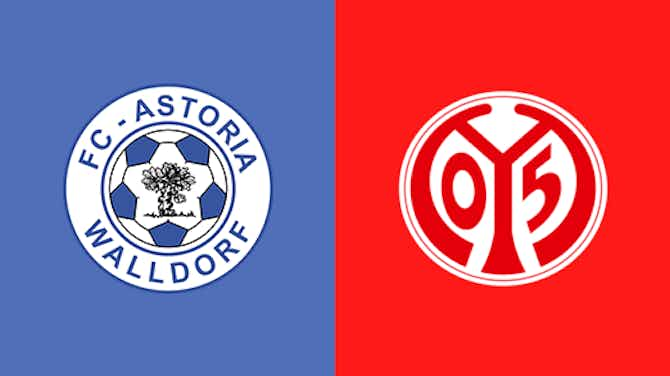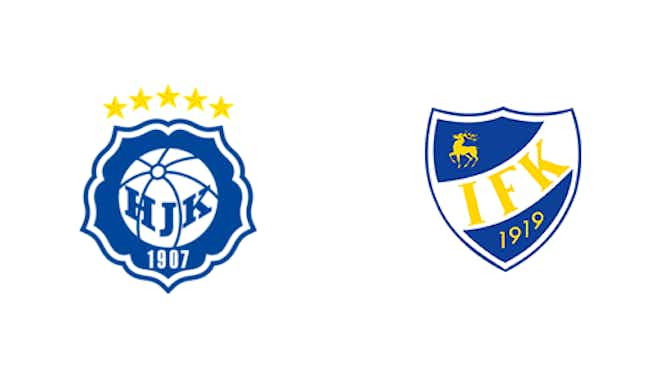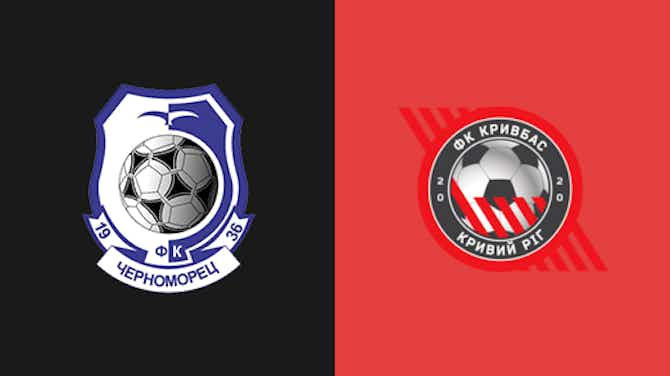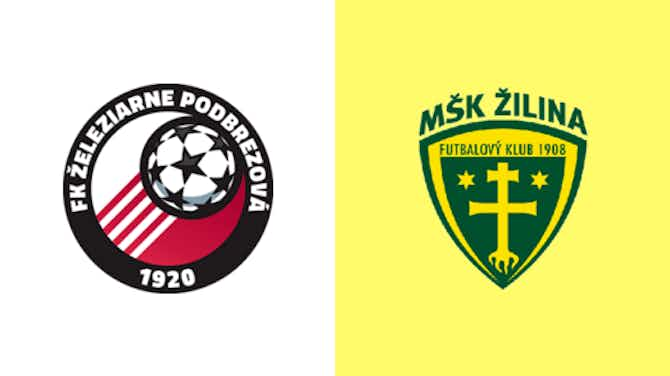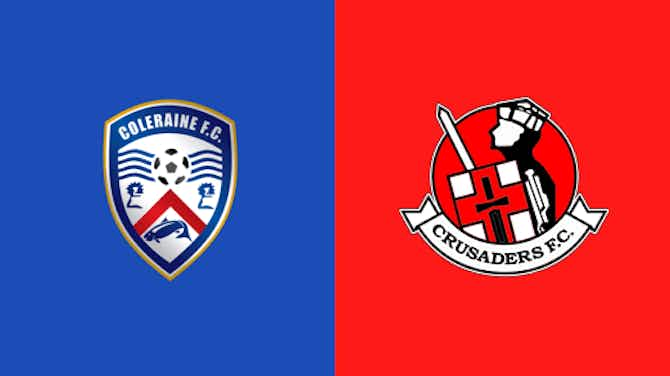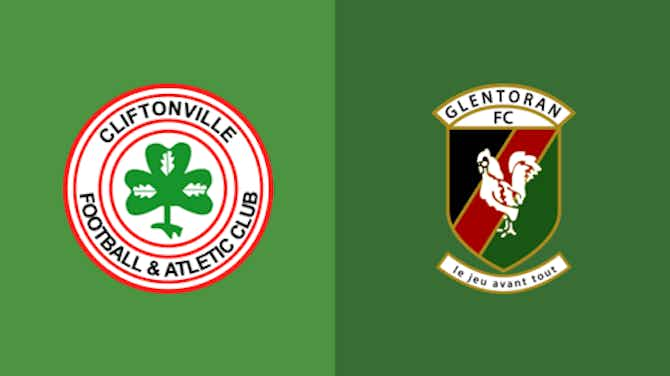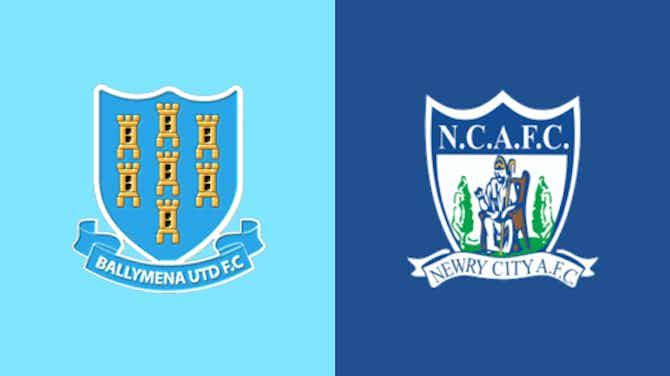Barca Universal
·19 April 2021
The European Super League: Immoral, unfair, and eventually boring
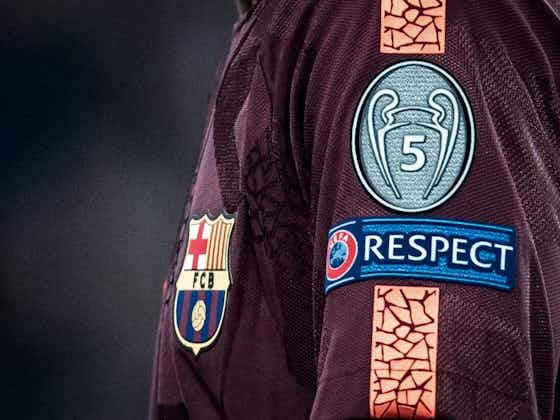
Barca Universal
·19 April 2021

The Sudtribune of Borussia Dortmund’s Signal Iduna Park currently bears a message, an important message from a set of fans firmly in touch with the importance of football to the working-class person.
In big black writing on a yellow background, this message reads “STOP UCL REFORMS.”
This protest relates to Monday’s announcement that UEFA would bend to the might of Europe’s “super clubs” and introduce a new format of the Champions League which will introduce the new “Swiss model” structure, meaning more games leading ultimately to more money.
The day before, fans of the German club would have been seething, as that reform was deemed not good enough, and it was announced that 12 European “super clubs” would leave the Champions League to form their own competition, a power move that would change football forever.
This was met with fierce opposition from UEFA and the governing bodies of Europe’s big leagues, with all parties issuing both individual and joint statements threatening to punish any club that participates.
After the rumours leaked, it was revealed that Barcelona signed its approval on Saturday before the Catalan side were to compete in the final of the Copa del Rey. Back in December, Joan Laporta was a critic of the formation of such a league but it can only be assumed that upon the realisation of the extent of Barca’s financial problems the Spaniard became open to the idea, which was confirmed on Monday morning with a statement from Barcelona.
The Barcelona president stated in an interview with La Vanguardia that “We are concerned about this [the €820 million debt].”
The Spaniard continued and addressed the Super League by saying “There are business solutions that can be used to a much greater extent. There is such an option as the European Super League, which can bring a lot of income to the club.”

Laporta is a football man who loves the romanticism of the sport. Barcelona’s participation in the league will most likely be due to the fear of being left behind, evident in the fact that Laporta is not a chairman of the league, and who can blame him for that. Football fell to capitalism a long time ago, and with it went the morals and traditions of many clubs. This time it will be their fans, who are once again the casualties of this act.
The announcement of the European Super League on Sunday set in motion the biggest poker game in the history of football. UEFA and the football associations of the participating club’s countries scrambled to denounce the formation of the “cynical” competition, with UEFA stating, “enough is enough.”
It is ironic because this is the message football fans have been screaming from the rooftops for years. “Enough is enough”, they state, a day before the organisation revamps their premier competition to make more money from broadcasting rights and fans.
“At a time when society needs solidarity more than ever”, their statement claimed when one of the aligning organisations the Premier League charged fans an extra £15 to watch their teams during a pandemic. These organisations are worried about one thing, missing out on the money the “super clubs” will make.
As always, the real losers here are the fans. The style of the competition is very similar to that of the NFL, and with that comes NFL prices. The days of €50 tickets will grow into the hundreds and hospitality tickets into the thousands, as fans only get to see their teams play at home a handful of times a year.
With this will come an increase in sports subscriptions, to add to the already expensive hobby following the sport is. The idea becomes even more immoral considering the current state the world is in. The pandemic has left people jobless, homeless and has taken a massive toll on people’s mental health. Football is a form of escape for people going through such troubles, and these are the people this competition will alienate.
For fans of these clubs, where is their say? Why should owners or presidents decide whether the fans club does not compete in their domestic competitions? Competitions with years of history and memories attached to them.
For Barcelona fans, the club’s motto més que un club, words that guide the needle through every fabric of the club become just words, the passionate fans at the Camp Nou become customers, and a club and a city that has fought authority to protect their beliefs for decades, give them all up just for a payday. This is the ground football is on the verge of walking on, a path where clubs full of history become just another business.
“Fans of any club in England and across Europe can currently dream that their team may climb to the top and play against the best. We believe that the concept of a European Super League would destroy this dream.”
The English FA’s statement addresses that hope that football fans clink to every season at one point or another. Several people across the continent do not grow up in a big city or support one of the giants, and therefore, modern football almost restricts them from winning silverware. As a result, it is that hope that they stand by waiting for their day in the sun.
Although the FA’s statement is bred out of self-interest, the points are still valid. The tales of Leicester City winning the Premier League in 2016, Porto winning the Champions league in 2004, and clubs such as Atalanta and Granada reaching the last eight of European competitions, all these storylines disappear overnight.
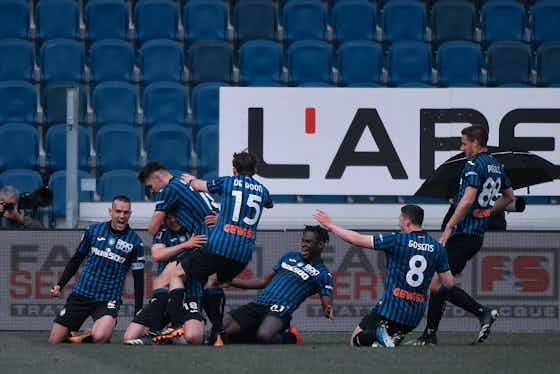
It is not only the fans who will miss out on these incredible memories but also the clubs and players. If the participating teams are kicked from other competitions, the magic of the cup competitions fades, and with that, some of the clubs, as the big money they make, will never trickle down to these smaller clubs.
These competitions are built on dreams. That player who never stood a chance of making it to the top, playing for a lower league team, gets his one special day to man-mark the likes of Lionel Messi and Cristiano Ronaldo. These games change lives and create lifetime memories, which, unfortunately, something the owners of the “super clubs” do not understand.
These clubs are only thinking about themselves and forget that if grassroots football dies, the whole game dies.
Another problem that points to how detached these football owners are from the world of football is their hope to compete in their domestic leagues alongside this Super League. The gap between these clubs as it is compared to the rest of their leagues is massive. How can these teams arrive back with their €3.5 billion cash injection and call the competition a level playing field?
The only solution is that there is a clean break off from the participating clubs in the interest of fairness but that affects the pyramid scheme of football, so unfortunately no matter what happens someone is going to get hurt.
For Barcelona, their absence in these competitions would hurt the fans. The Copa del Rey is a special competition for Barca, a sentiment that was reflected in the joy of the players who won the competition last Saturday. La Liga has been dominated by the Catalan club over the last two decades, having fought so hard to gain that dominance from Real Madrid. Years and years of tradition just wash away with this super league, which makes it impossible to accept.
“Why should we create a system where Liverpool faces Real Madrid for ten straight years? Who wants to see that every year?”
Anyone who watched Bayern Munich vs Paris Saint Germain in the last round of the Champions League was in awe of its brilliance and entertainment. Two of the best sides in Europe going toe to toe for 180 minutes, with PSG just getting over the line. Although this was great, some of that greatness is shared because we do not get to see it very often.
From Barcelona’s point of view, the Clasico has only been played in European competition once, Culers have only travelled to Anfield twice in the last 15 years, and AC Milan have not played the Catalan side since 2014.
These ties are like Christmas when they come around for the fans and playing them every year takes that magic away, almost like having Christmas every day and who wants that or as Jurgen Klopp puts it, who wants to see it repeated tirelessly before it becomes eye-gaugingly boring.
There is also the chance that these games do not live up to expectation. Take Manchester United’s record against the other participating English clubs, for example.
Out of the nine games played so far this season, five have finished 0-0. Not all these teams will go toe to toe like Bayern and PSG did, and that is a problem because that is the product they are trying to sell to the world.
Clubs such as Tottenham and Atletico Madrid are notorious for playing these big games with a low block and trying to catch their opponents with fast transitions. Some of the joy for the fans of these clubs is that they get a release from this when they play teams such as Burnley or Eibar in their domestic leagues. Having to watch your team defend every game they play in the season sounds grim, not only to their fans but for everyone involved.
Different styles of playing makes football what it is, and there is nothing wrong with compact defensive teams. But it goes without saying that it does not make for the best TV, and it stops football fans from seeing the other side of these teams against the smaller clubs, which is part of their story.
The day the Super League was announced, Atalanta, a small working-class club from Bergamo, defeated the prestigious Juventus 1-0 to deal a blow to their Champions League qualification hopes. A club deemed not good enough, not prestigious enough. It was one of those plot twists we all love, a plot twist we will never get to see again.
